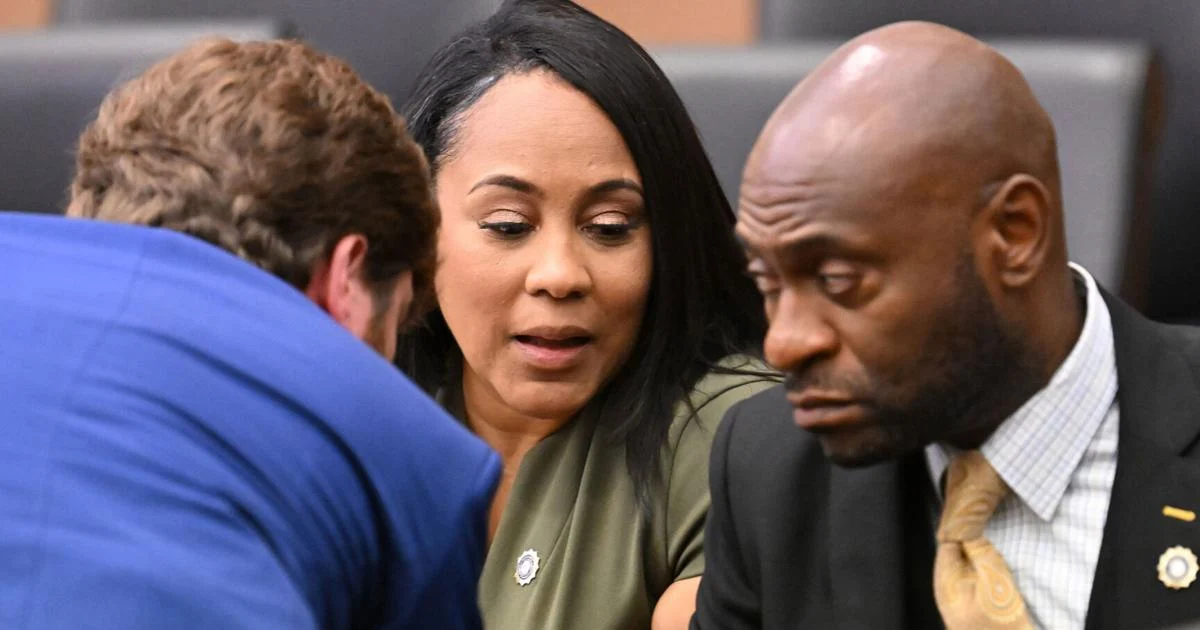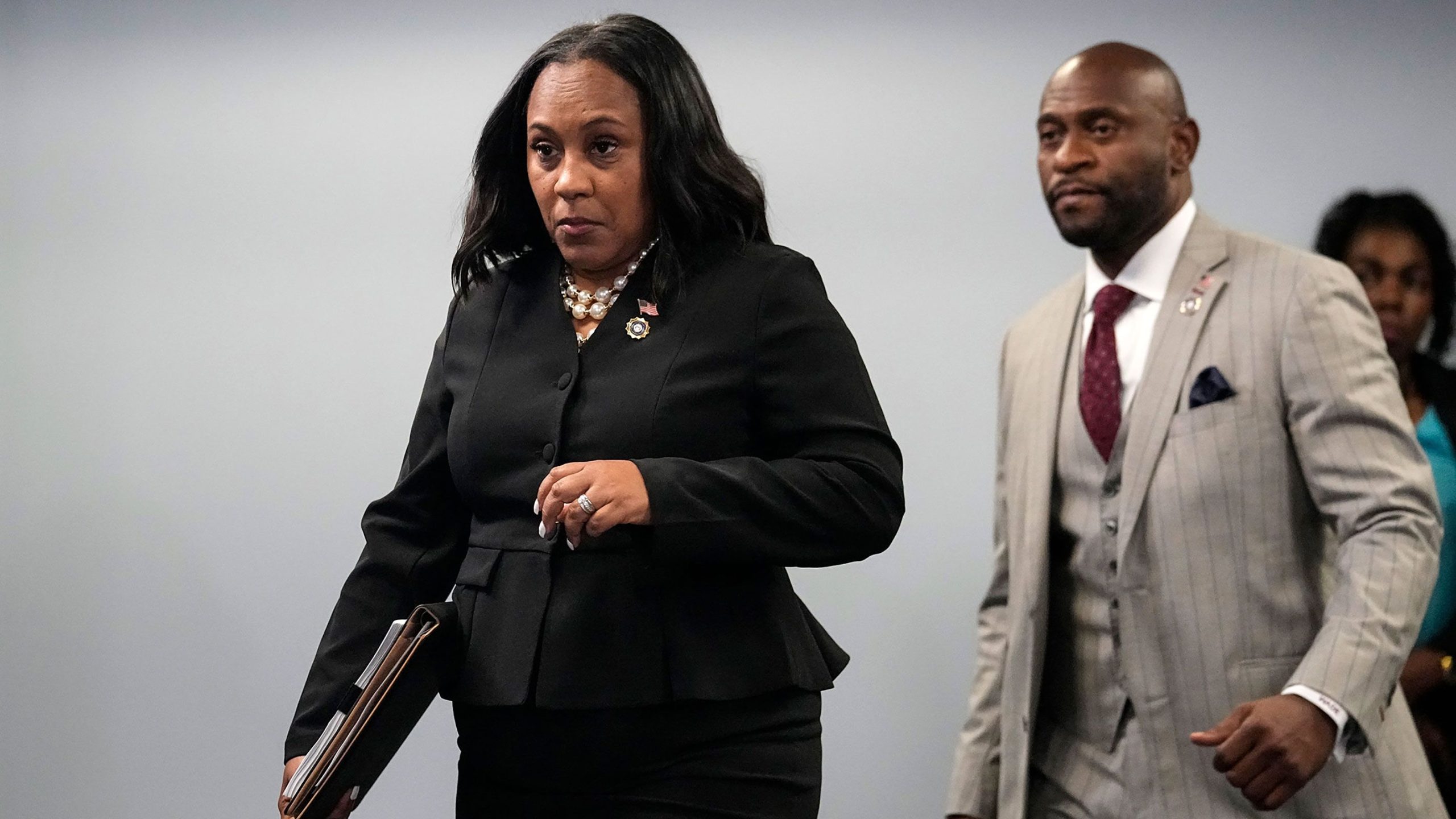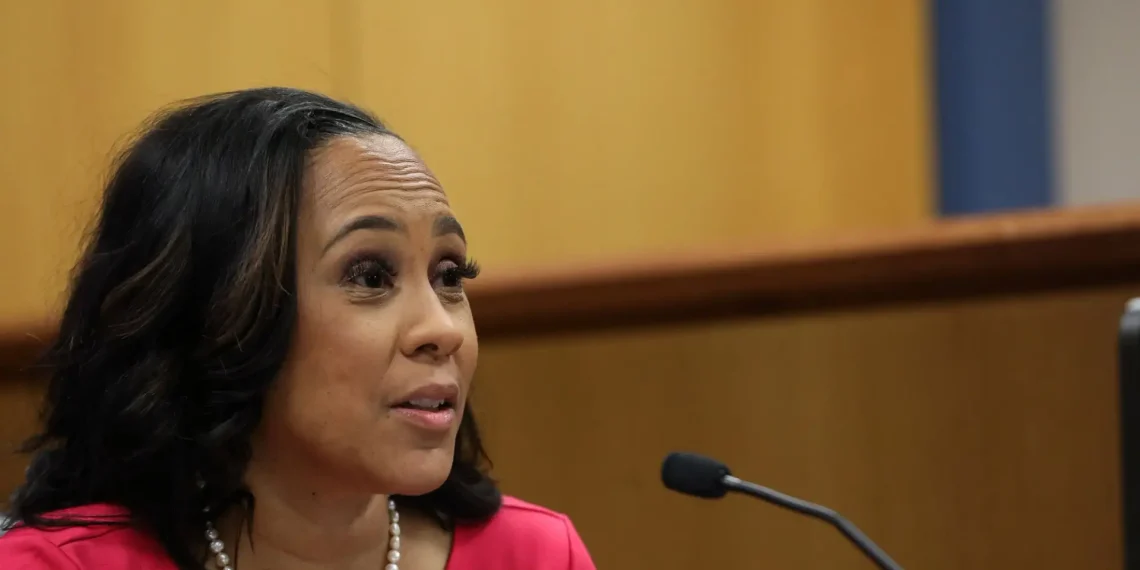Fulton County District Attorney Fani Willis faced a critical ruling Friday regarding her involvement in the Georgia election interference case against Donald Trump.
The judge, Scott McAfee, mandated that Willis either recuse herself from the case or remove the special prosecutor, Nathan Wade, with whom she had a previous romantic relationship.
While Judge McAfee didn’t categorize their relationship as a direct conflict of interest, he raised concerns about its potential impact on the case’s integrity.

McAfee emphasized that while there wasn’t conclusive evidence of personal gain for Willis, the relationship created an appearance of impropriety.
He questioned the truthfulness of their testimonies regarding the timing of their romantic involvement. McAfee highlighted the risk that the public might question the impartiality of Willis’ decisions in light of her connection with Wade.
However, McAfee stopped short of dismissing the case, stating that there wasn’t enough evidence to prove a violation of Trump’s due process rights. Despite acknowledging a “tremendous lapse in judgment” from Willis and criticizing the unprofessionalism in her testimony, McAfee opted for a less drastic remedy than dismissal.

He argued that the disqualification of a constitutional officer like Willis should only be considered when no alternative solution exists.
The legal battle against Trump and 18 others revolves around allegations of attempting to overturn his 2020 election loss to Joe Biden in Georgia. While the case employs the RICO statute, often associated with organized crime, Trump maintains his innocence.
Earlier, McAfee dismissed some charges against Trump related to soliciting public officers, citing insufficient detail.
The ruling underscores the complexity of legal proceedings and the need for impartiality in high-profile cases. McAfee’s decision attempts to address concerns about potential biases without derailing the prosecution’s momentum.





